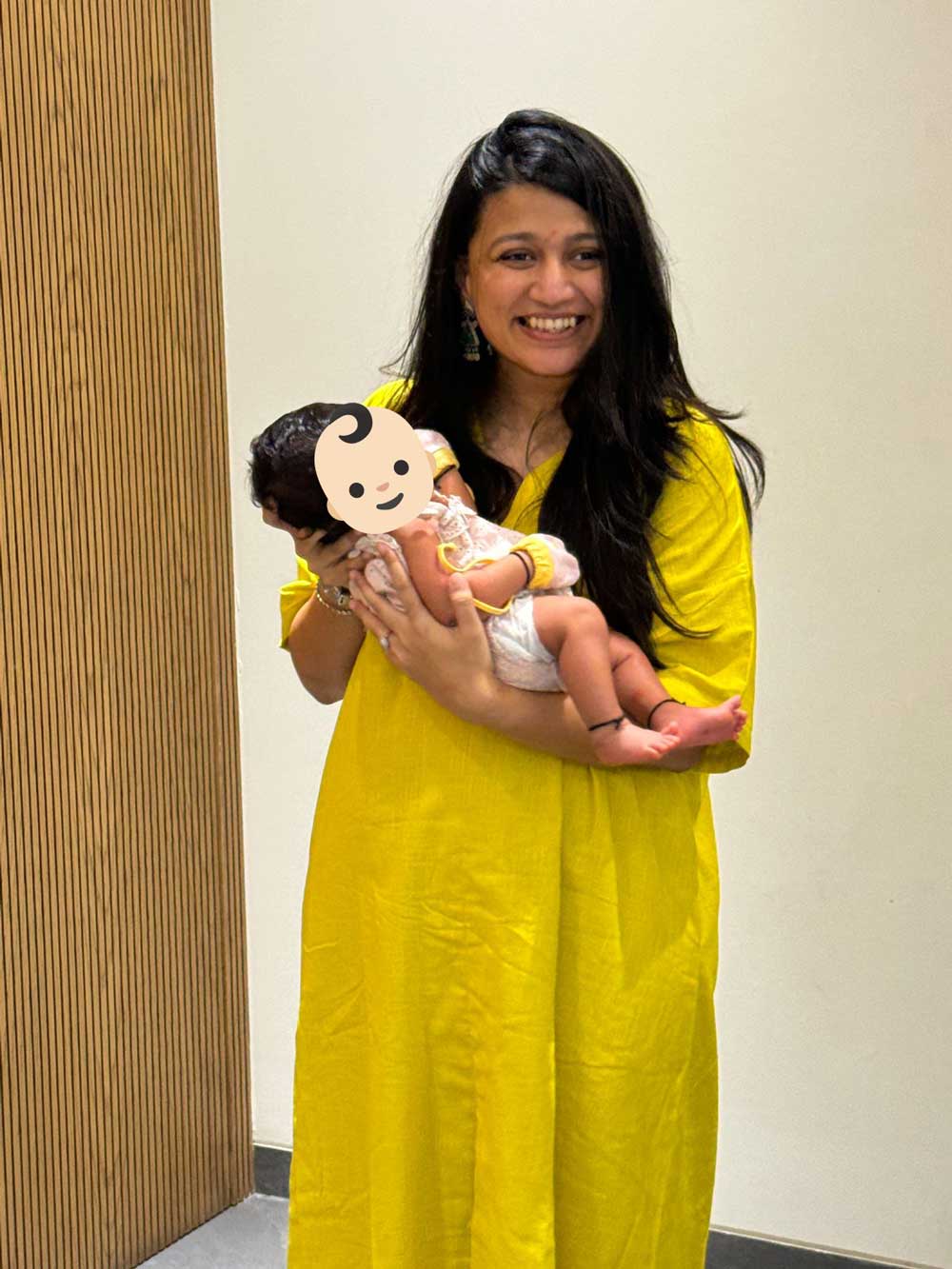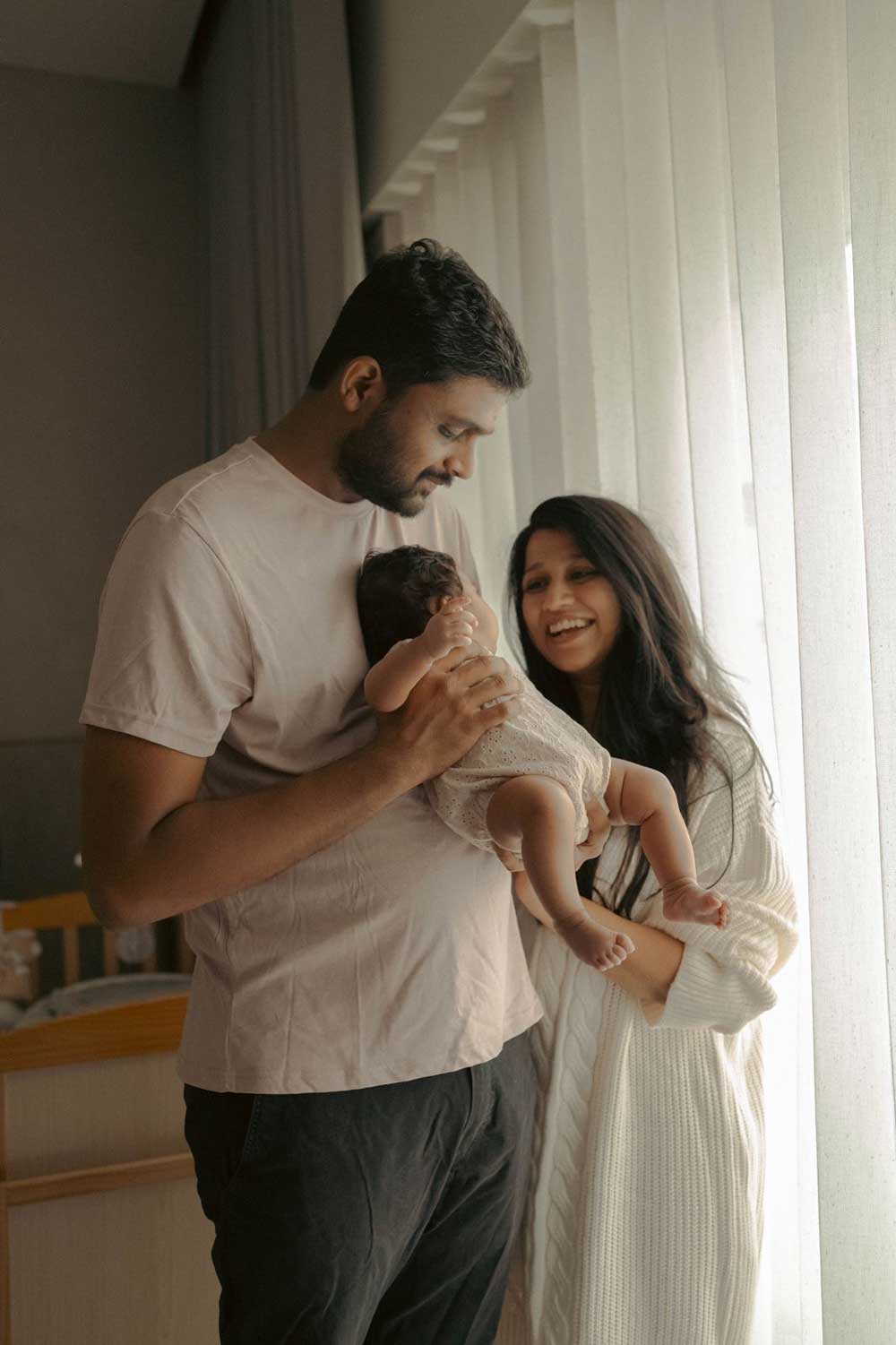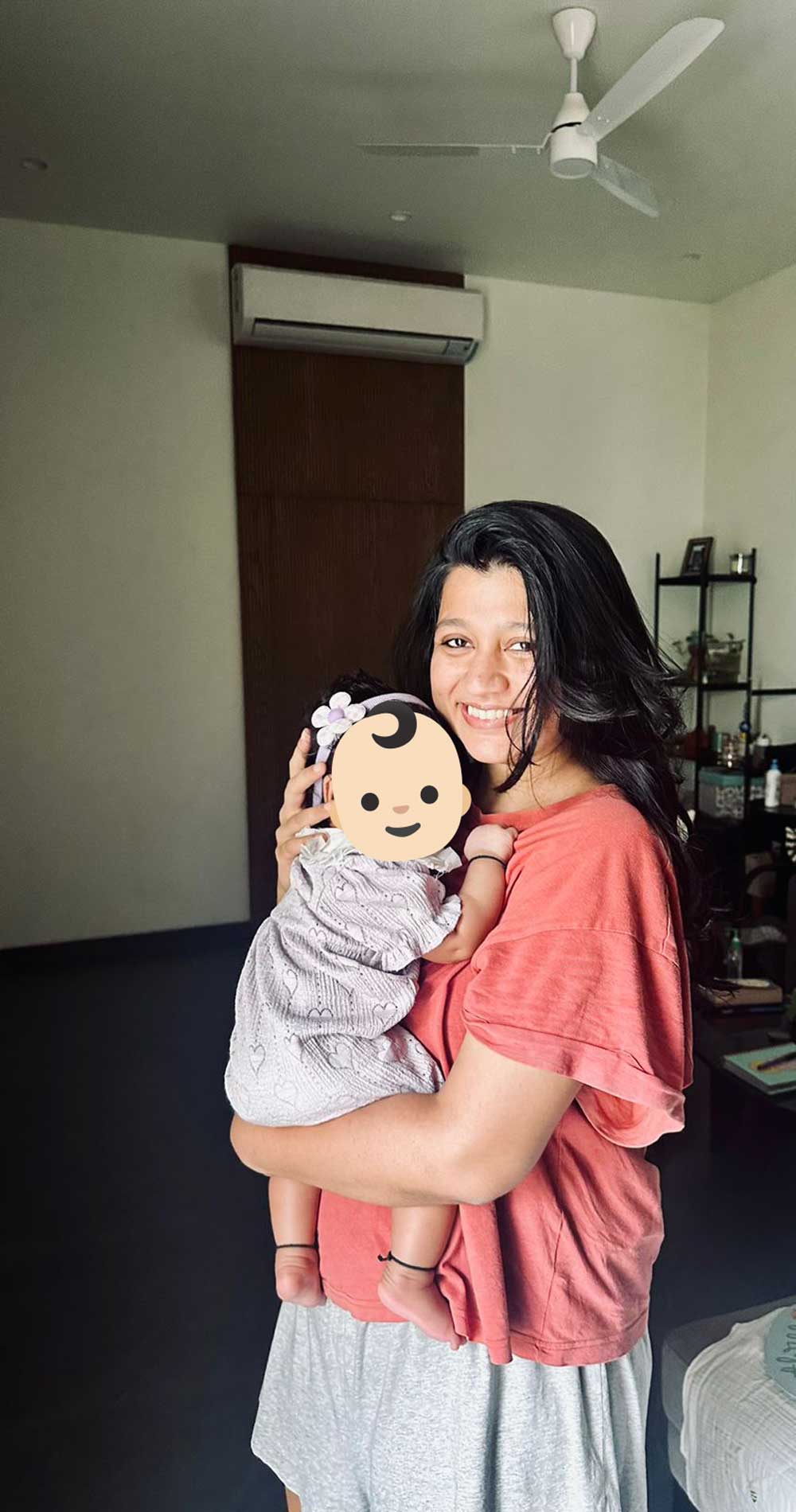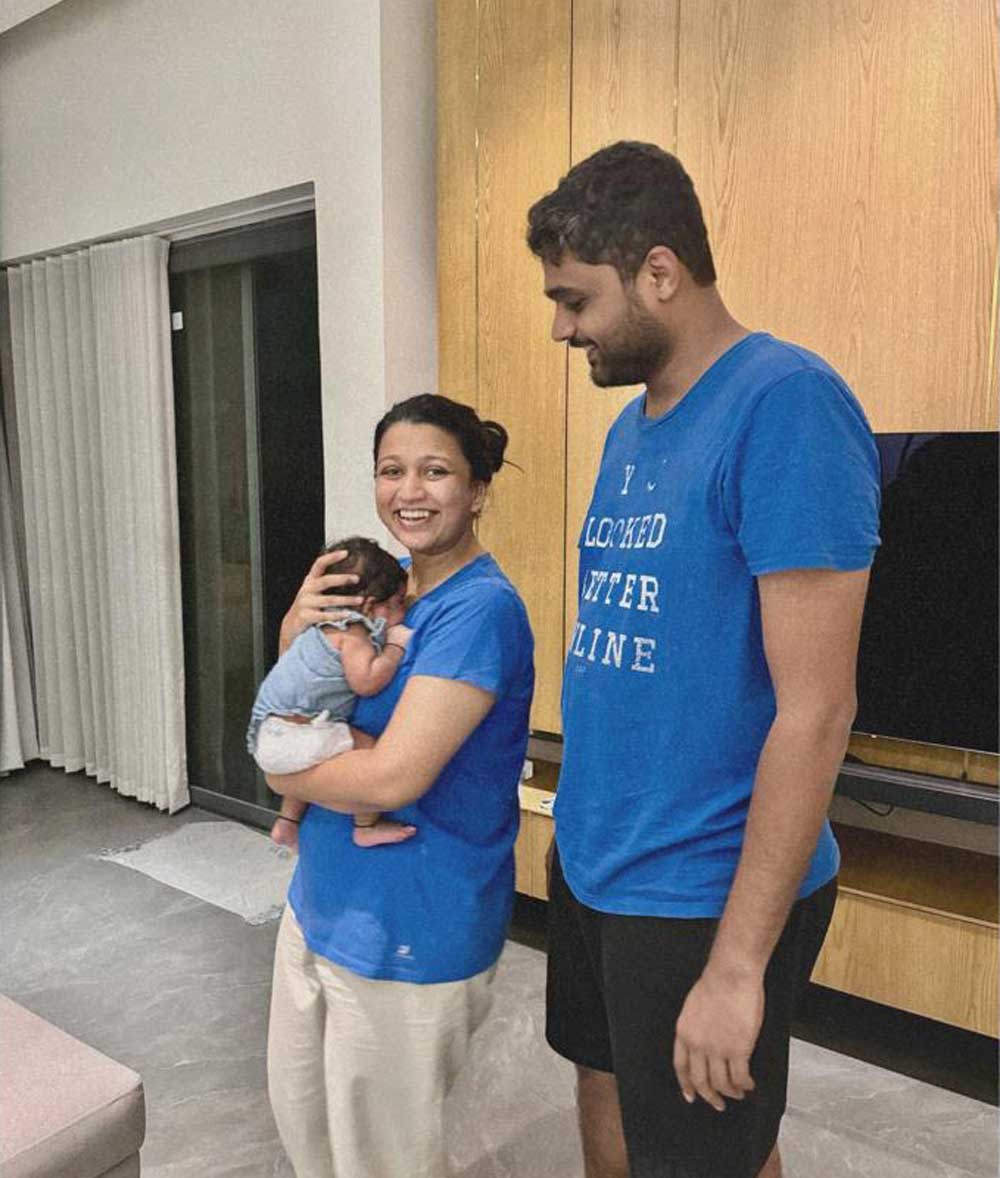Becoming a mother is a profound experience, one that brings immense joy but also a fair share of challenges. For many new mothers, the concept of "mom guilt" can be a constant companion, especially when balancing the demands of a career with the responsibilities of raising a child. Meetali, a successful entrepreneur who runs a boutique interior design firm, knows this feeling all too well. Just two months after giving birth to her daughter, Meetali returned to work, a decision that stirred a whirlwind of emotions, including the infamous mom guilt.

Understanding Mom Guilt
Mom guilt is the nagging feeling that you’re not doing enough for your child, that you’re somehow falling short in your role as a mother. It's a universal experience, often exacerbated by societal expectations, social media comparisons, and the pressure to be the "perfect" mother. For women like Meetali, who are passionate about their careers, this guilt can be even more pronounced.
"Returning to work so soon after giving birth was one of the hardest decisions I've ever made," Meetali admits. "I love my job, and it’s a huge part of who I am, but leaving my baby girl at home felt like I was failing her in some way."
For her, the decision to go back to work was driven by a combination of passion for her career and practical considerations. Running a boutique firm requires her presence and creativity, and she felt a deep responsibility to her clients and her team. Yet, the pull to be with her new-born was equally strong.
"My work is my passion, and I knew that in order to be the best version of myself—for both my daughter and my business—I needed to continue doing what I love," she explains. "But that doesn’t mean it was easy. The guilt was real, and it still is."

Coping with Mom Guilt: An Approach
Acknowledging the guilt is the first step towards managing it, and Meetali has found ways to cope, both on her own and with the support of her husband, Parth, who shares the responsibilities of caring for their daughter, has been a pillar of strength during this transitional period.
"Parth has been amazing," she says with a smile. "We’re in this together, and that makes a world of difference. He helps with everything—from diaper changes to late-night feedings—so I know I’m not alone in this journey."
Communication has been key for the couple.
They regularly check in with each other, discussing their feelings, concerns, and the logistics of balancing work and parenting. This open dialogue has allowed them to navigate the complexities of their new roles as parents while maintaining their partnership.
She also practices self-compassion, reminding herself that it’s okay to feel conflicted and that she’s doing the best she can. "I’ve learned to be kinder to myself," she shares. "Some days are harder than others, but I focus on the love and care I’m giving my daughter, even if I’m not with her 24/7."

Finding Balance: Quality Over Quantity
One of the ways Meetali has reconciled her dual roles is by focusing on the quality of the time she spends with her daughter, rather than the quantity. She makes sure that when she’s with her baby, she’s fully present, engaging in activities that strengthen their bond.
"I’ve realised that it’s not about how much time I spend with her, but how I spend that time," she explains. "When I’m with her, I’m all in—whether it’s playtime, feeding, or just holding her close."

Support Systems and Self-Care
Meetali emphasises the importance of building a support system, whether it’s family, friends, or professional help, to navigate the challenges of motherhood. "Talking to other mothers who’ve been through this has been incredibly reassuring," she says. "It reminds me that I’m not alone in feeling this way."
Paving the Way Forward
As Meetali and Parth continue to navigate the early stages of parenthood, they’re finding their own rhythm, one that honours both their personal and professional commitments. While mom guilt may never fully disappear, Meetali is learning to manage it with grace and resilience, embracing the journey of motherhood on her own terms.
"I’ve accepted that it’s okay to feel guilty sometimes, but I refuse to let it define me or my relationship with my daughter," she reflects. "We’re paving our way, and I’m proud of the mother I’m becoming."

For new mothers struggling with similar feelings, Meetali’s story is a reminder that while the challenges are real, so are the solutions. With support, communication, and self-compassion, it’s possible to find a balance that works for both mother and child, allowing both to thrive.